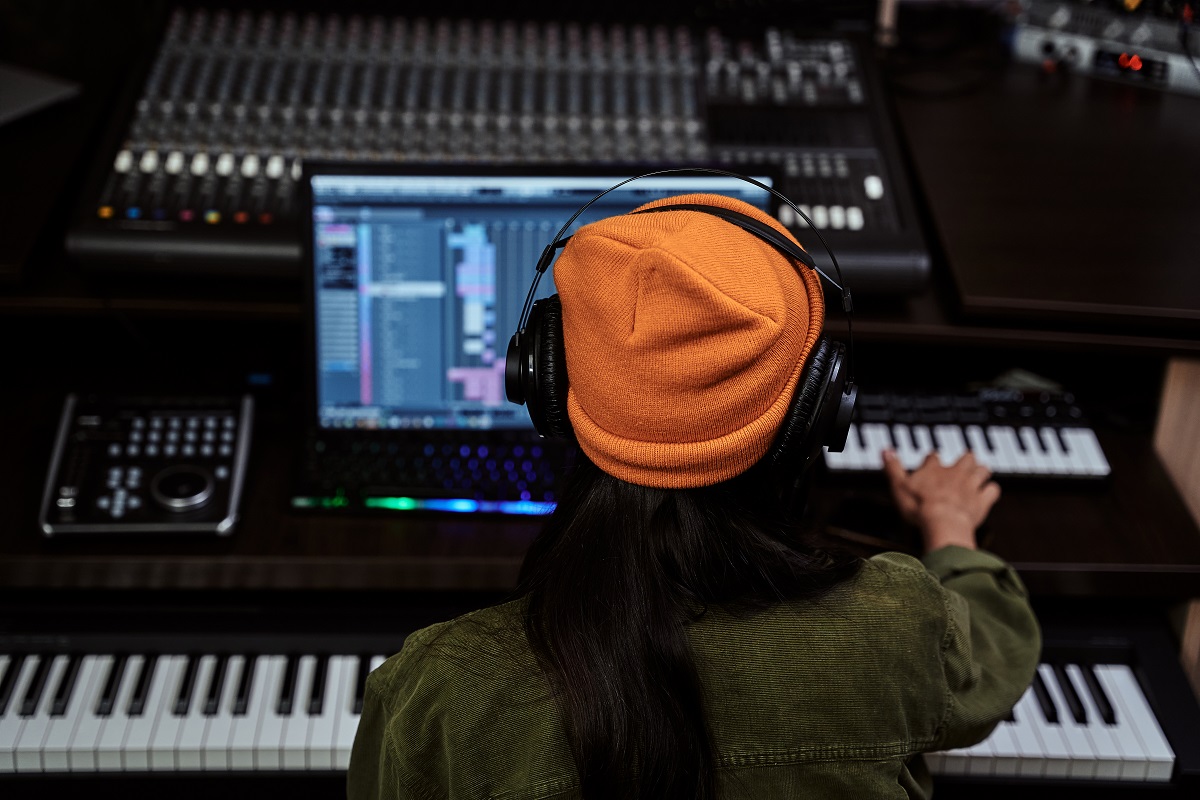 The U.S. Court of Appeals for the Ninth Circuit recently reversed a trial court’s $1.7 million attorney fee award to plaintiffs’ counsel in a class action because the fee award was not proportional to the amount recovered by the class members.
The U.S. Court of Appeals for the Ninth Circuit recently reversed a trial court’s $1.7 million attorney fee award to plaintiffs’ counsel in a class action because the fee award was not proportional to the amount recovered by the class members.
A copy of the opinion in Lowery v. Rhapsody International, Inc. is available at: Link to Opinion.
In 2016, a putative class of copyright owners (“plaintiffs”) whose musical compositions were played on a company’s music streaming service sued a music company (“defendant”) for copyright infringement. The plaintiffs asserted that the defendant infringed their copyrights by reproducing and distributing their musical compositions without obtaining a voluntary or compulsory license to do so.
By 2018, the defendant negotiated a resolution with the National Music Publishers Association (NMPA) that resolved the same copyright issues that were raised in the plaintiffs’ lawsuit. The defendant and the NMPA eventually reached a settlement. However, to receive payment under that settlement, copyright owners had to waive their right to make claims in the plaintiffs’ lawsuit against the defendant. The defendant informed the plaintiffs that around 98% of the potential class chose to participate in the NMPA settlement. As a result, the potential class of plaintiffs decreased significantly.
In January of 2019, the plaintiffs and defendant executed a settlement agreement. In the agreement, the defendant denied liability for copyright infringement but agreed to pay class members for musical compositions played on its streaming service. In exchange, the plaintiffs agreed the defendant would pay a maximum of $20 million on class members’ claims. Because the NMPA settlement limited the potential class, very few class members submitted claims for this settlement. As a result, the defendant paid only $52,841.05 to satisfy class members’ claims.
Additionally, the settlement also required the defendant to establish an Artist Advisory Board with an annual budget of at least $30,000 to advance both parties’ goals of protecting artists’ rights and promoting the defendant’s business. After settling, counsel for the plaintiffs sought an award of their legal fees.
The plaintiffs’ counsel calculated their fee request using the lodestar method and sought approximately $2.1 million. Additionally, they requested a 2.87 multiplier, claiming they achieved “exceptional” results in a complicated case. The trial court ultimately found that no multiplier should apply and awarded $1.7 million.
On appeal, the Ninth Circuit examined the trial court’s attorneys’ fees award under an abuse of discretion standard. Kim v. Allison, 8 F.4th 1170, 1178 (9th Cir. 2021). As an initial matter, the Appellate Court noted that trial courts must ensure that attorneys’ fees awards in class action cases are reasonable. In re Bluetooth Headset Prods. Liab. Litig., 654 F.3d 935, 941 (9th Cir. 2011).
In support of their request for attorneys’ fees, the plaintiffs argued the potential $20 million settlement supported the trial court’s fee award. The plaintiffs further argued that even though they only recovered a little more than $50,000 the recovery could have been up to $20 million, and this potential recovery supported the trial court’s fee award.
The plaintiffs’ argument relied on the case of Boeing Co. v. Van Gemert, 444 U.S. 472 (1980). In Boeing, the Supreme Court of the United States held that a fee award to class counsel could be calculated based on the entire settlement fund –– even if part of the fund went unclaimed –– because the defendant had been held liable for a “sum certain.” Id. at 478–79 & n.5. However, the court in Boeing also suggested that this holding would not apply if the amount of the defendant’s liability had been “contingent upon the presentation of individual claims.” Id. at 479 n.5.
Here, the Ninth Circuit disagreed that the settlement agreement established the defendant’s willingness to pay up to $20 million if necessary to satisfy class members’ claims because the defendant actually never agreed to pay class members a penny more than the amount that class members claimed. The $20 million figure was contingent and not a sum certain because the defendant’s monetary liability remained contingent upon the amount claimed by the class. As a result, the trial court held that the settlement of the class should not be valued by the hypothetical $20 million but by the $52,841.05 in payments that the class members actually received.
The Court of Appeals further held that trial courts must consider the actual or realistically anticipated benefit to the class — not the maximum or hypothetical amount — in assessing the value of a class action settlement. Additionally, the Appellate Court instructed the trial court to disregard the hypothetical $20 million settlement cap and start with the $52,841.05 that the class claimed.
Notably, the Ninth Circuit addressed the importance of the class redemption rate and how the plaintiffs’ counsel should have known that the NMPA settlement would result in an extremely low redemption amount nowhere near the $20 million cap.
Because the plaintiffs’ counsel should have known the redemption rate and ultimate class recovery would be low, the Court of Appeals held there was no realistic possibility that the actual payout to class members would approach anywhere near $20 million since the NMPA settlement dramatically reduced the applicable class.
Next, the Ninth Circuit held that the trial court should consider cross-checking its lodestar calculation to ensure that it is reasonably proportional to the benefit provided to the class. A cross-check can “assure that counsel’s fee does not dwarf class recovery.” In re Bluetooth, 654 F.3d at 942 at 945 (9th Cir. 2011). In Bluetooth, the Appellate Court clearly stated that an award of $1.7 million in attorneys’ fees is unreasonable and not proportional to the benefit received by the class.
Although the plaintiffs argued that the courts have recognized that fee awards do not have to be proportional to the monetary recovery in some cases, the Ninth Circuit did not agree because the plaintiffs’ argument largely relied on a string of civil rights related cases.
Appellate courts have held that attorneys’ fees awarded in civil rights cases need not be strictly proportional to monetary damages, but this generally applies to civil rights lawsuits that provide significant nonmonetary, injunctive relief, and can end institutional civil rights abuses. See Gonzalez v. City of Maywood, 729 F.3d 1196, 1209–10 (9th Cir. 2013). The Court of Appeals distinguished copyright infringement cases like the one brought by the plaintiffs from the civil rights lawsuits, which do not require strict proportionality in examining an award of attorneys’ fees. Therefore, courts awarding attorneys’ fees in class actions under the Copyright Act must still generally consider the proportion between the award and the benefit to the class to ensure that the award is reasonable.
Accordingly, the Ninth Circuit reversed the trial court’s attorneys’ fees award of $1.7 million and remanded the case for the trial court to determine the class action settlement’s actual value to the class members and then award attorneys’ fees proportional and reasonable to the benefit actually received by the class.
Photo: Kostiantyn/stock.adobe.com


